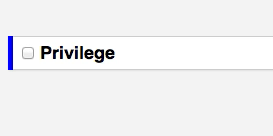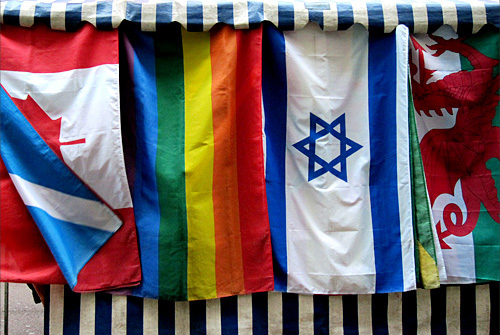Secure & Encrypted: Virtual Private Network (VPN)
What is VPN?
A Virtual Private Network (commonly referred to as VPN) is a “network technology that creates a secure network connection over a public network such as the internet or a private network owned by a service provider.” Basically, a VPN is a group of computers that network ‘privately’ together over the internet – a ‘public’ network. VPN is an important tool while browsing securely online as it is a method for securing and encrypting communications when on an untrusted public network. While you may think that this is an excessive step to take while online, with increasing government surveillance and intrusion into individual’s private information, it is a vital technology to ensure your security while researching, organizing campaigns, uploading/downloading content, or simply just browsing online.
Whether you want to access sensitive information remotely, websites/movies/files that are blocked in the country you reside in, research controversial subjects, or just don’t want any record of your online presence – VPN is the way to go.
The most important thing for you to remember is that using a Virtual Private Network secures your computer’s internet connection. This guarantees that all of the data you’re sending and receiving is encrypted and secure from prying eyes.
Check out this video to better understand VPN – What is it? How does it work?
Which VPNs are the Best?
With so many sites on the internet, it’s hard to know which VPNs are the best. Here are some reliable VPN service providers that can help you on your way to securing and encrypting your data online.







